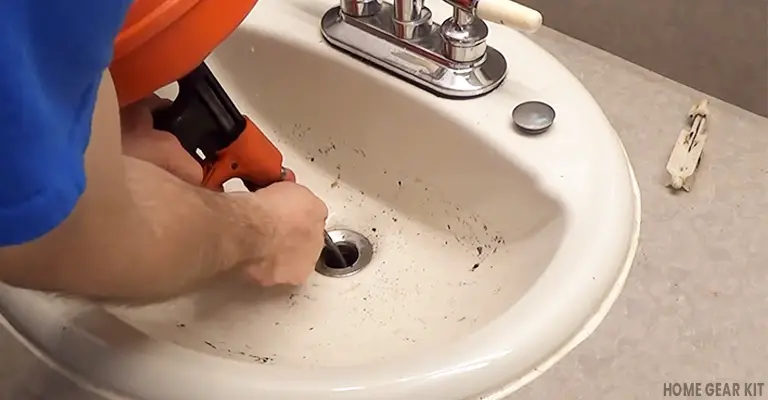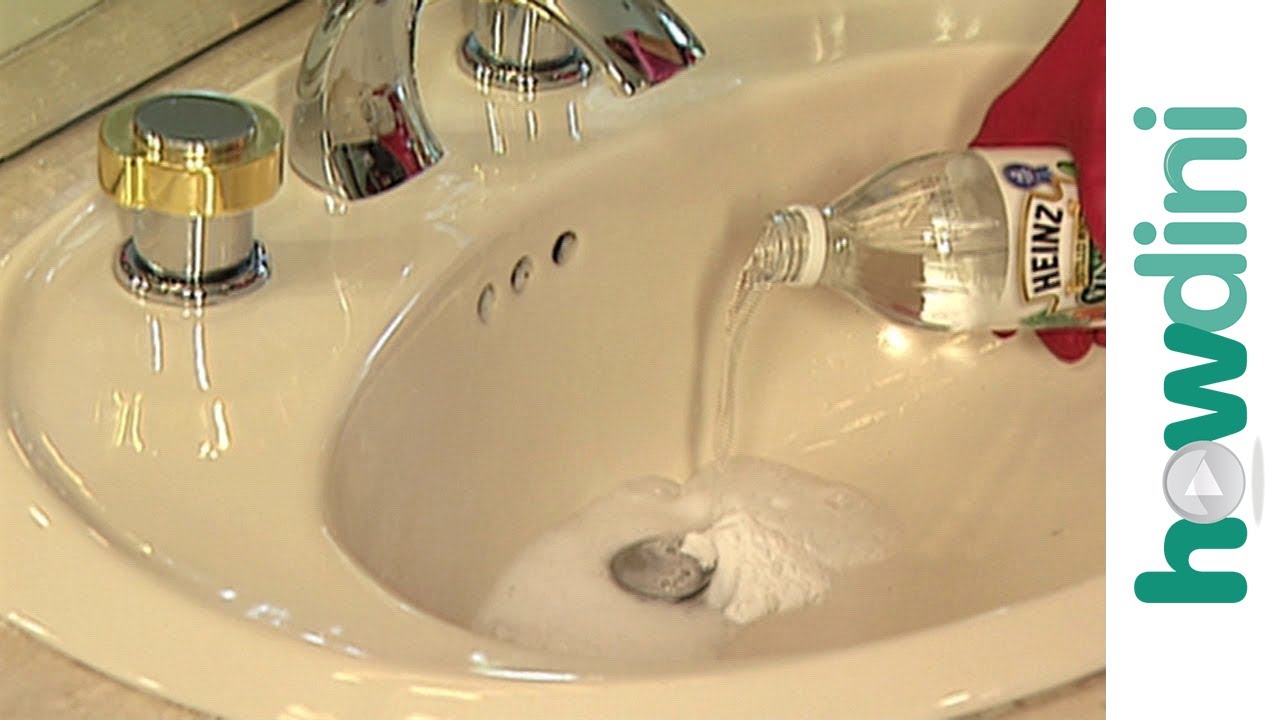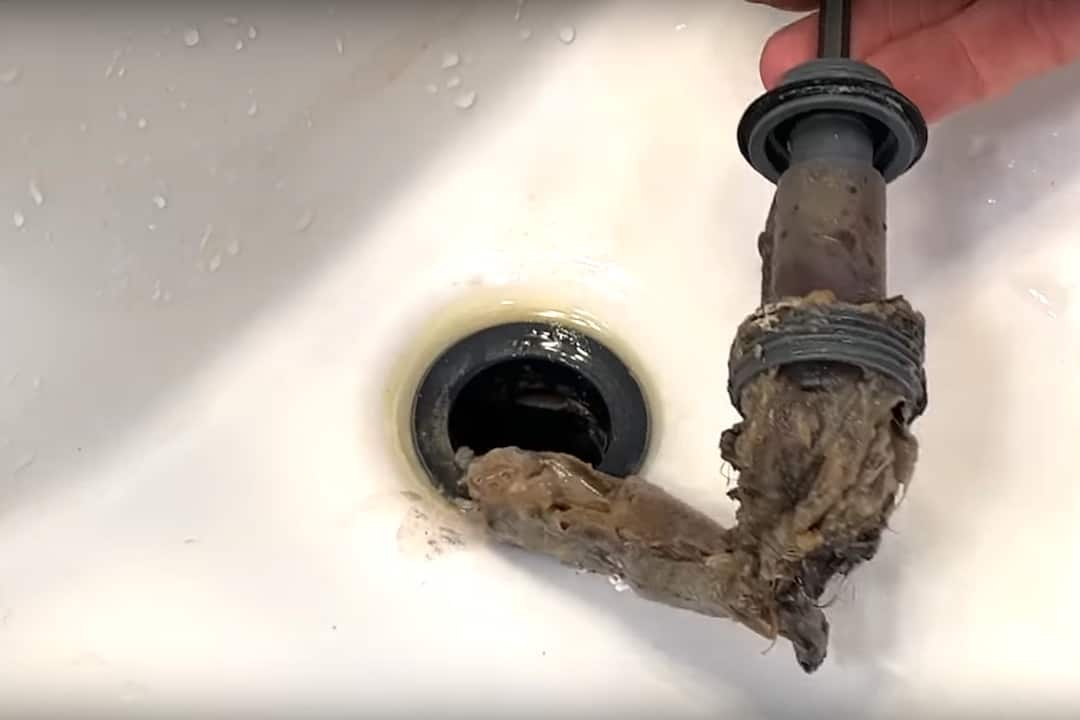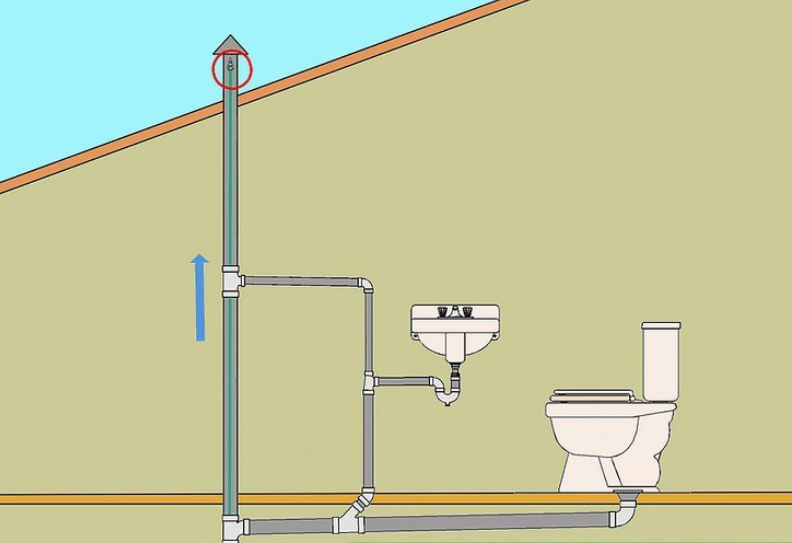Dealing with a slow-draining bathroom sink can be a frustrating and unpleasant experience. Not only does it make it difficult to use the sink, but it can also lead to bad smells and potential clogs. Luckily, there are several easy and effective ways to unclog your bathroom sink drain and get it back to working properly. Read on to discover the top 10 methods for unclogging your bathroom sink drain.Unclogging a Bathroom Sink Drain
If you notice that your bathroom sink is draining slowly, the first step is to determine the cause. Often, it is a simple buildup of hair, soap scum, and other debris in the drain. But sometimes, there may be a more serious issue at hand. Before trying any DIY solutions, it's important to rule out any major problems such as a blocked vent or damaged pipes. If you suspect a larger issue, it's best to call a professional plumber for assistance.How to Fix a Slow-Draining Bathroom Sink
If the cause of your slow-draining bathroom sink is a simple buildup of debris, there are several DIY methods you can try to clear the clog. One popular method is using a mixture of baking soda and vinegar. Simply pour half a cup of baking soda down the drain, followed by half a cup of vinegar. Let the mixture sit for a few minutes before flushing it with hot water. This combination will create a chemical reaction that can help break up the clog.DIY Solutions for a Slow-Draining Bathroom Sink
There are several common reasons why your bathroom sink may be draining slowly. As mentioned, a buildup of hair and soap scum is a common culprit. Another potential cause is a blocked vent, which prevents proper air flow and can lead to slow drainage. Additionally, damaged or clogged pipes can also cause issues with draining. It's important to identify the cause in order to find the most effective solution.Causes of a Slow-Draining Bathroom Sink
In addition to the baking soda and vinegar method, there are several other easy fixes you can try to unclog your bathroom sink drain. One popular method is using a plunger to create suction and dislodge the clog. Another option is using a plumbing snake, which is a long, flexible tool that can reach deep into the drain to remove any blockages. Both of these methods can be effective for minor clogs.Easy Fixes for a Slow-Draining Bathroom Sink
If you're dealing with a stubborn clog, there are a few tips you can follow to help clear the drain. One tip is to use hot water to flush the drain after trying a DIY solution. Hot water can help melt away any remaining debris and flush it down the drain. Another tip is to use a plunger or plumbing snake in combination with a DIY solution for added effectiveness. And as always, make sure to wear gloves and take proper safety precautions when attempting to unclog a drain.Tips for Clearing a Slow-Draining Bathroom Sink
While hair and soap scum are the most common reasons for a slow-draining bathroom sink, there are a few other potential causes to keep in mind. If you have hard water, mineral buildup can occur in the drain and lead to clogs. Additionally, using too much toilet paper or flushing non-flushable items down the toilet can also cause issues with your bathroom sink drain. It's important to be mindful of what you put down your drains to prevent clogs in the future.Common Reasons for a Slow-Draining Bathroom Sink
If you've tried DIY methods and your sink is still draining slowly, it may be time to call a professional plumber. They will have the tools and expertise to properly diagnose and fix the issue. A plumber may use a more powerful drain cleaner or even a hydro jet to clear the clog. They can also inspect your pipes for any potential damage and make necessary repairs.Professional Solutions for a Slow-Draining Bathroom Sink
The best way to deal with a slow-draining bathroom sink is to prevent it from happening in the first place. One way to do this is by regularly cleaning your sink drain with a homemade or store-bought drain cleaner. This will help prevent a buildup of debris and keep your drain running smoothly. Another tip is to use a drain strainer to catch any hair and debris before it goes down the drain.Preventing a Slow-Draining Bathroom Sink
It's important to pay attention to your bathroom sink drain and address any issues as soon as they arise. Some signs that you may need to unclog your bathroom sink drain include slow drainage, bad smells coming from the drain, and water backing up into the sink. If you notice any of these signs, it's best to take action before the problem gets worse. In conclusion, a slow-draining bathroom sink can be a nuisance, but it's a common issue that can be easily fixed. By following these top 10 methods for unclogging your bathroom sink drain, you can get your sink back to working properly and prevent future clogs. Remember to always take proper safety precautions and don't hesitate to call a professional plumber if needed.Signs You Need to Unclog Your Bathroom Sink Drain
Why Does My Bathroom Sink Drain Slowly?

Possible Causes and Solutions
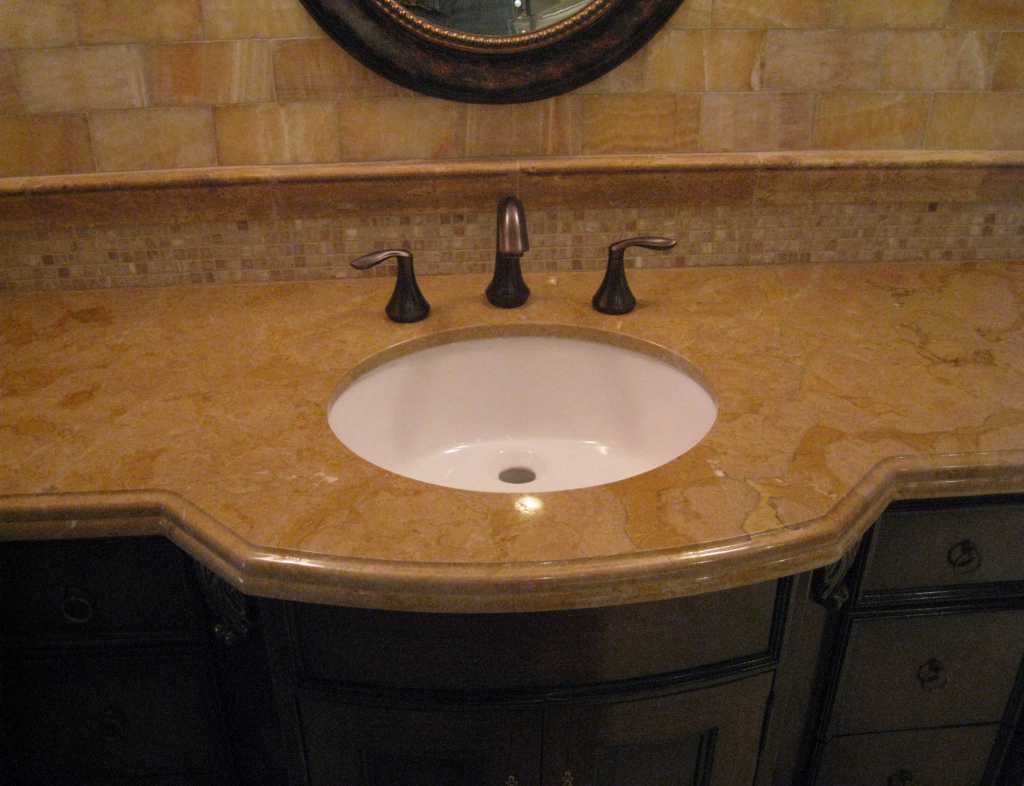 When it comes to house design, the bathroom is often one of the most overlooked areas. However, it is essential to pay attention to every detail, including the functionality of your bathroom sink. If you have noticed that your bathroom sink is draining slowly, it can be quite a nuisance. Not only does it create an unpleasant experience, but it can also lead to bigger plumbing issues in the future. In this article, we'll explore the possible causes of a slow-draining bathroom sink and discuss solutions to resolve the problem.
When it comes to house design, the bathroom is often one of the most overlooked areas. However, it is essential to pay attention to every detail, including the functionality of your bathroom sink. If you have noticed that your bathroom sink is draining slowly, it can be quite a nuisance. Not only does it create an unpleasant experience, but it can also lead to bigger plumbing issues in the future. In this article, we'll explore the possible causes of a slow-draining bathroom sink and discuss solutions to resolve the problem.
Clogged Drain
 One of the most common reasons for a slow-draining bathroom sink is a clogged drain. Over time, hair, soap scum, and other debris can build up in the drain and cause a blockage. This can prevent water from flowing freely and result in a slow-draining sink. To unclog the drain, you can try using a plunger or a drain snake. Alternatively, you can use a mixture of
baking soda and vinegar
to break down the buildup and clear the blockage.
One of the most common reasons for a slow-draining bathroom sink is a clogged drain. Over time, hair, soap scum, and other debris can build up in the drain and cause a blockage. This can prevent water from flowing freely and result in a slow-draining sink. To unclog the drain, you can try using a plunger or a drain snake. Alternatively, you can use a mixture of
baking soda and vinegar
to break down the buildup and clear the blockage.
Blocked Air Vent
 Another possible cause of a slow-draining bathroom sink is a blocked air vent. Your plumbing system has air vents to allow air to escape and keep the pressure balanced. If these vents become blocked, it can create a vacuum that affects the flow of water. You can check the air vent on your roof and make sure it is not clogged with debris or leaves. If it is, you can use a plumber's snake to clear the blockage.
Another possible cause of a slow-draining bathroom sink is a blocked air vent. Your plumbing system has air vents to allow air to escape and keep the pressure balanced. If these vents become blocked, it can create a vacuum that affects the flow of water. You can check the air vent on your roof and make sure it is not clogged with debris or leaves. If it is, you can use a plumber's snake to clear the blockage.
Old or Faulty Pipes
 If your bathroom sink is consistently draining slowly, it could be a sign of old or faulty pipes. Over time, pipes can corrode, rust, or develop cracks, which can cause a decrease in water flow. If you suspect that your pipes are the cause of your slow-draining sink, it's best to consult a professional plumber. They can inspect your pipes and recommend the best course of action, whether it's a simple repair or a complete replacement.
If your bathroom sink is consistently draining slowly, it could be a sign of old or faulty pipes. Over time, pipes can corrode, rust, or develop cracks, which can cause a decrease in water flow. If you suspect that your pipes are the cause of your slow-draining sink, it's best to consult a professional plumber. They can inspect your pipes and recommend the best course of action, whether it's a simple repair or a complete replacement.
Conclusion
 A slow-draining bathroom sink may seem like a minor issue, but it can quickly escalate into a bigger problem if left unresolved. By understanding the possible causes and solutions, you can address the issue promptly and prevent any further damage to your plumbing system. Remember to regularly clean your drain and check for any blockages, and if the problem persists, don't hesitate to seek professional help. With proper maintenance and care, your bathroom sink will continue to function smoothly and be a functional and stylish addition to your house design.
A slow-draining bathroom sink may seem like a minor issue, but it can quickly escalate into a bigger problem if left unresolved. By understanding the possible causes and solutions, you can address the issue promptly and prevent any further damage to your plumbing system. Remember to regularly clean your drain and check for any blockages, and if the problem persists, don't hesitate to seek professional help. With proper maintenance and care, your bathroom sink will continue to function smoothly and be a functional and stylish addition to your house design.
























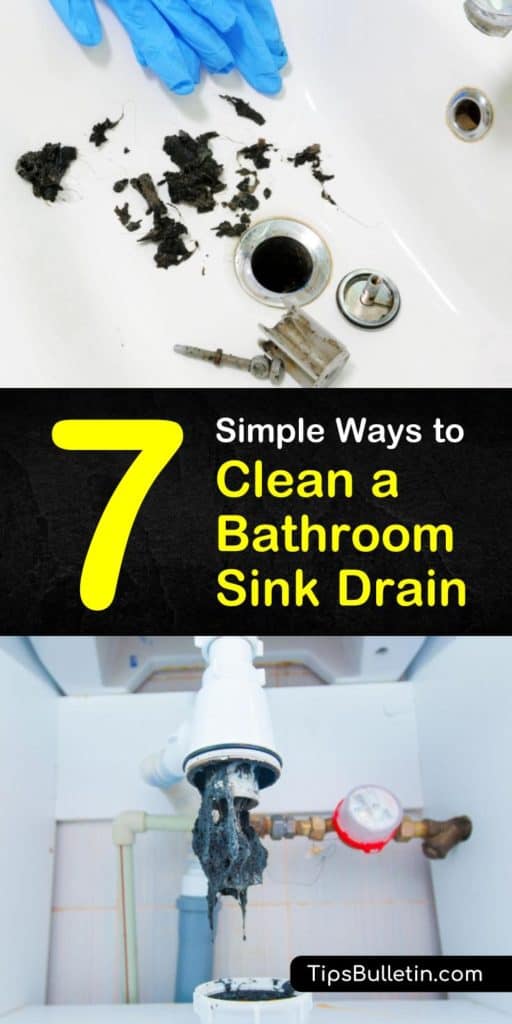
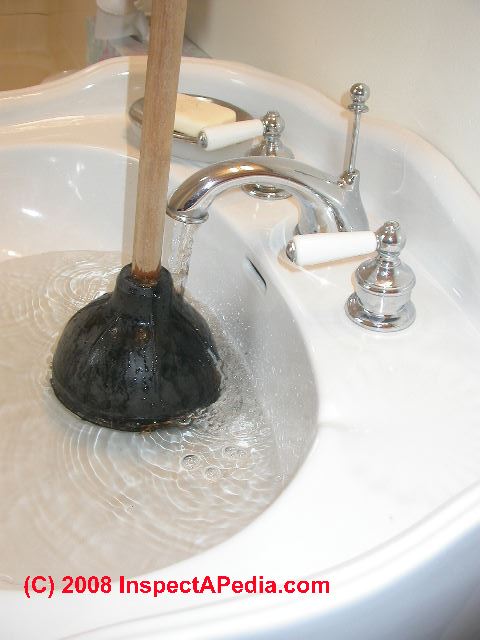

:max_bytes(150000):strip_icc()/Five-Ways-to-Fix-a-Slow-Sink-Drain-03-24c1f6dd477d46b9b5d1f70952a76933.jpg)





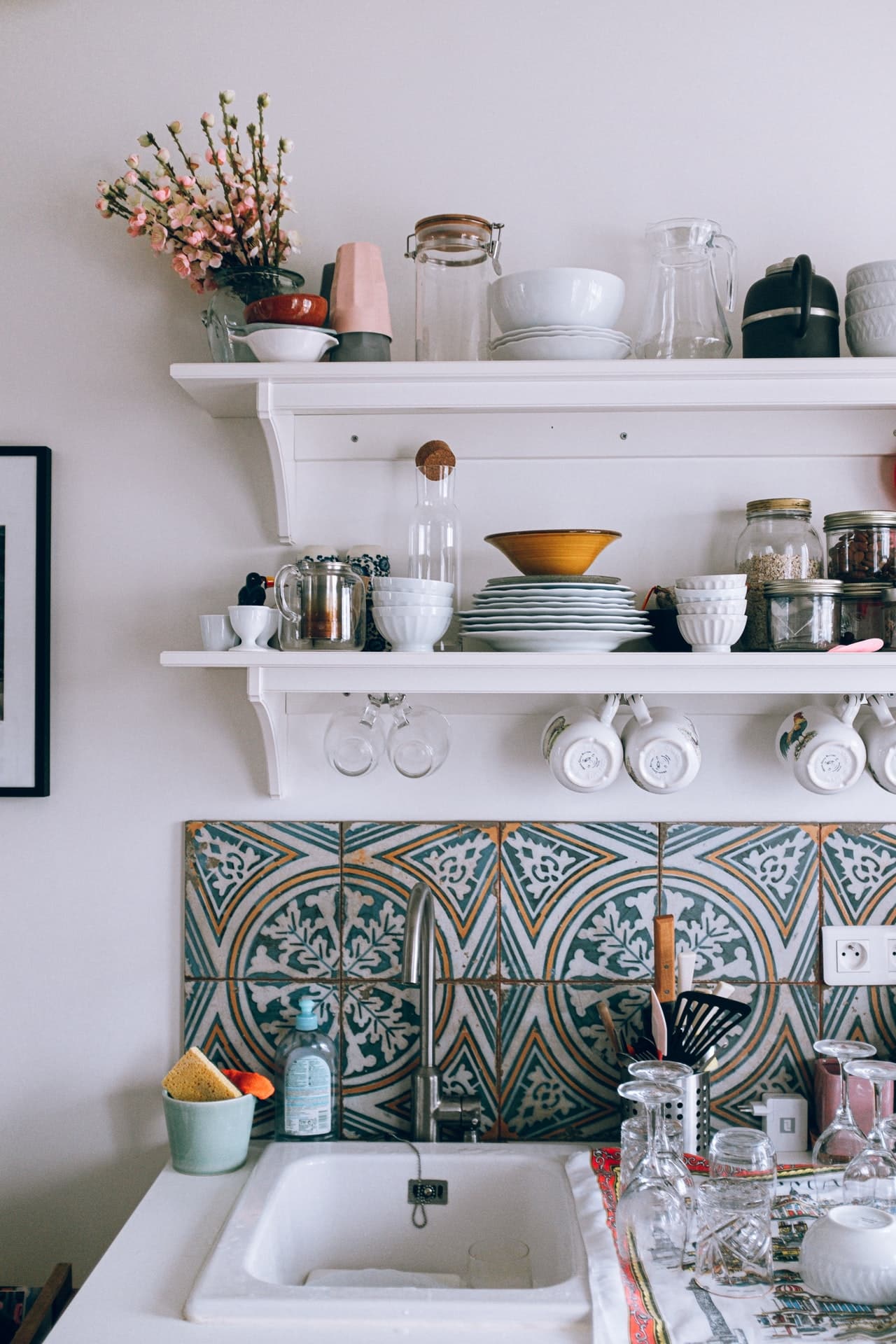

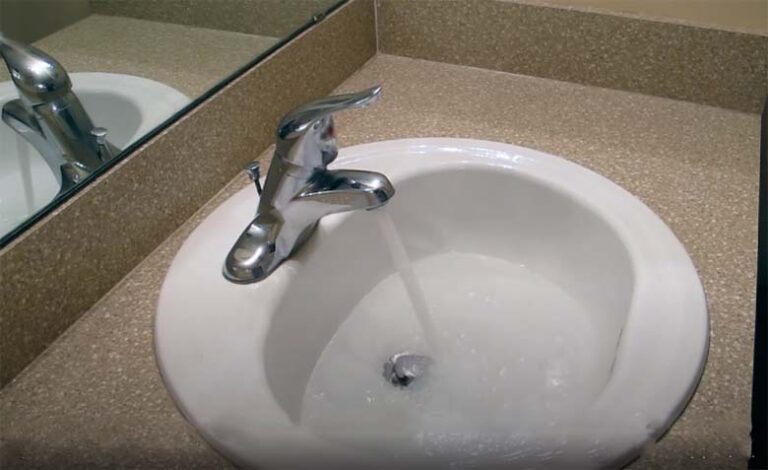









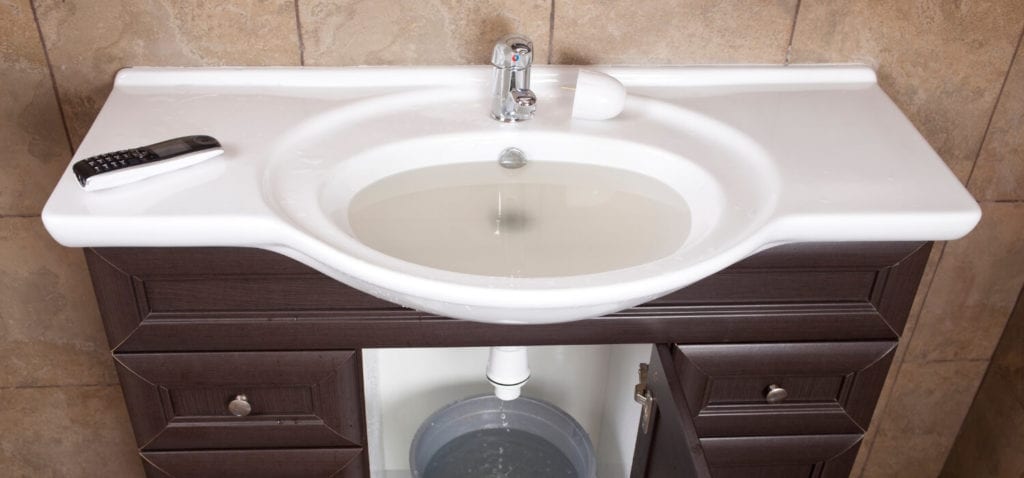
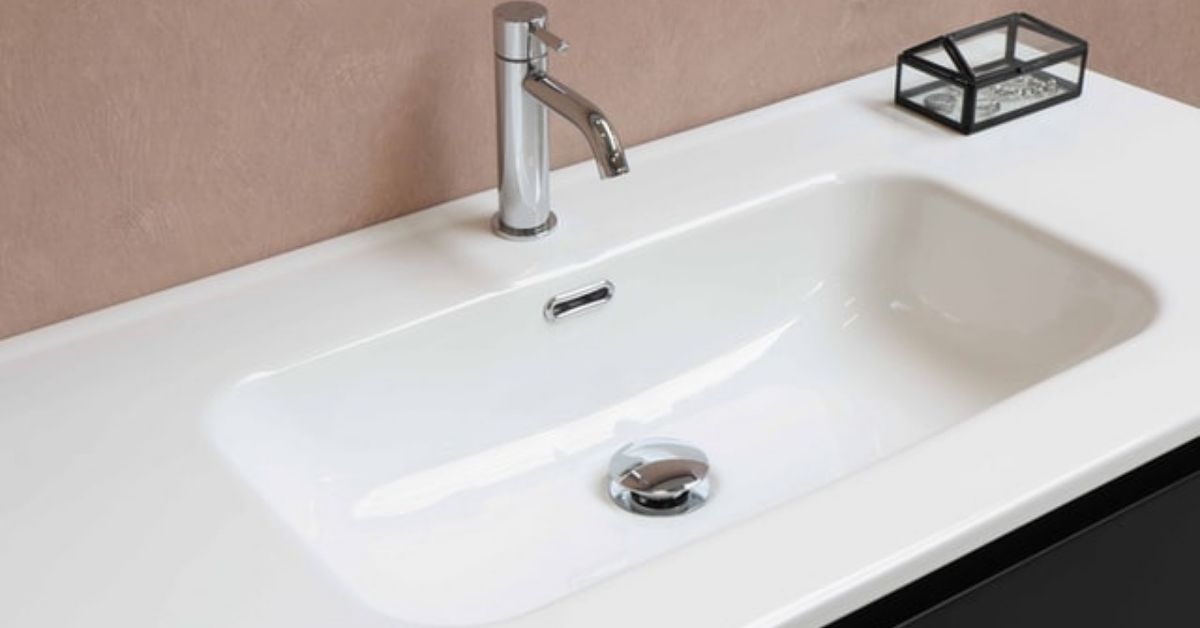





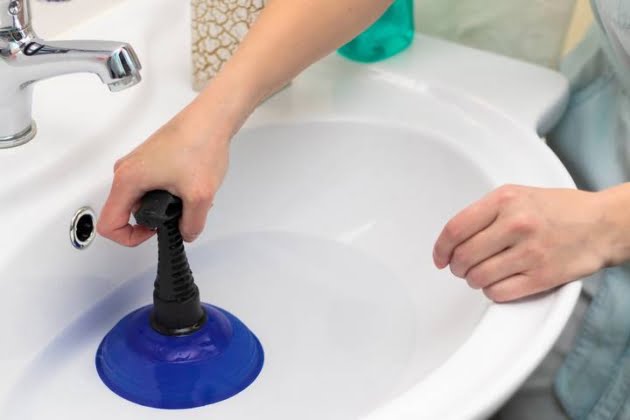

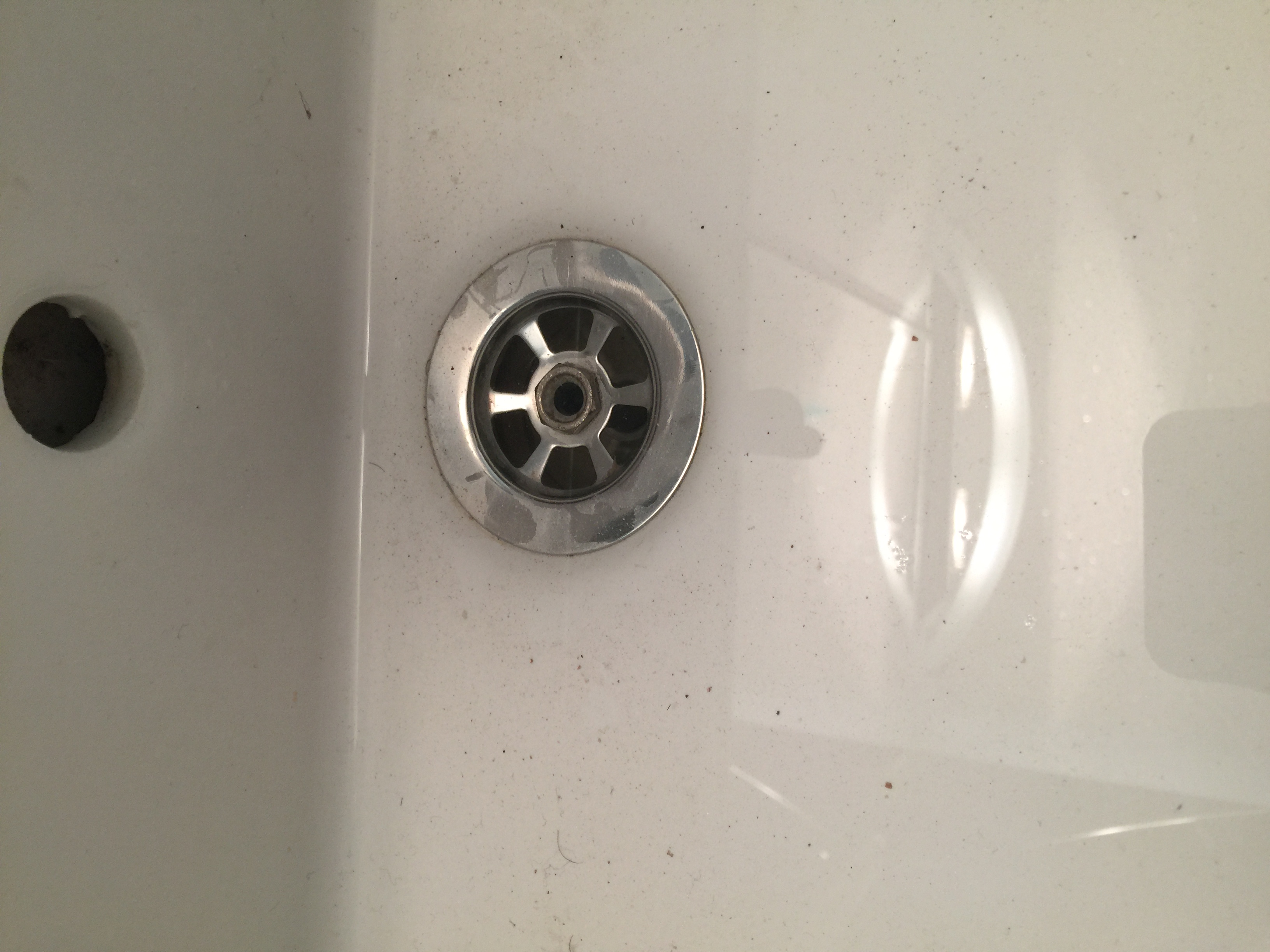



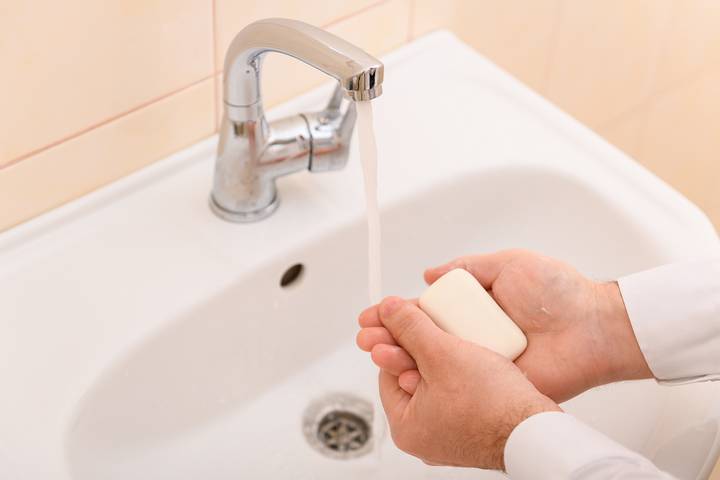


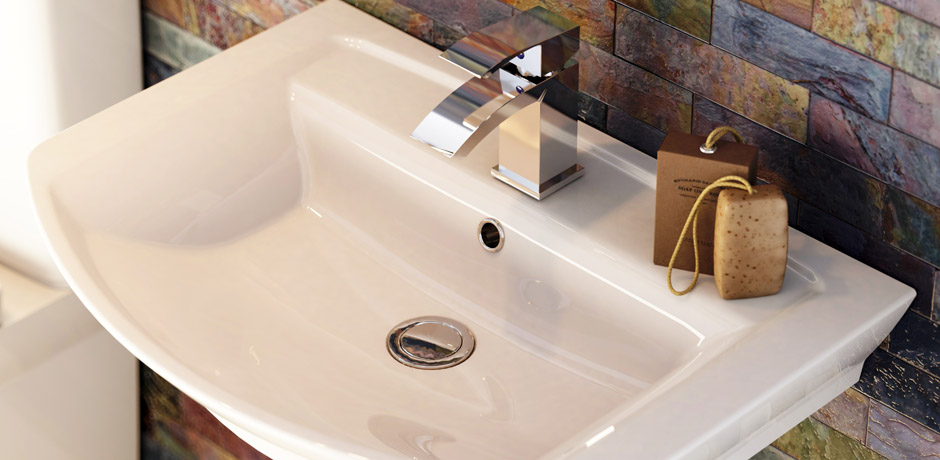
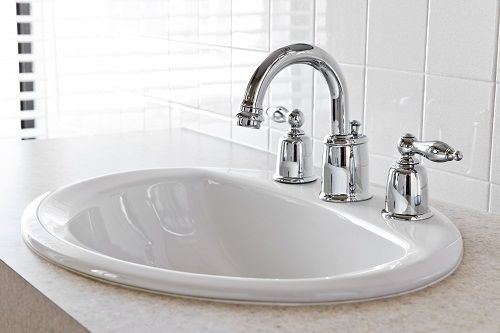
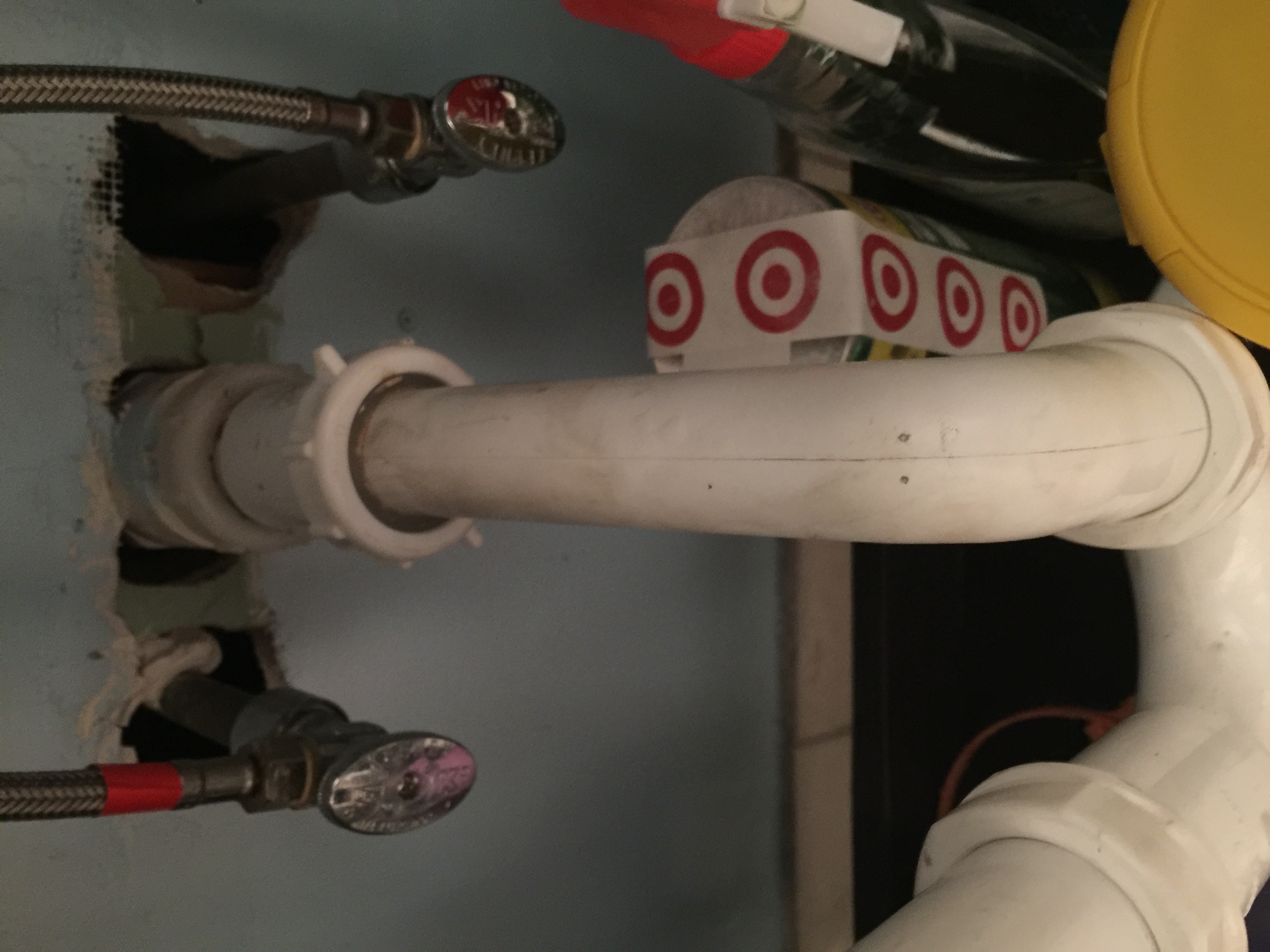




:max_bytes(150000):strip_icc()/freshen-and-unclog-drain-with-baking-soda-1900466-22-bbf940b70afa4d5abef0c54da23b1d3f.jpg)
